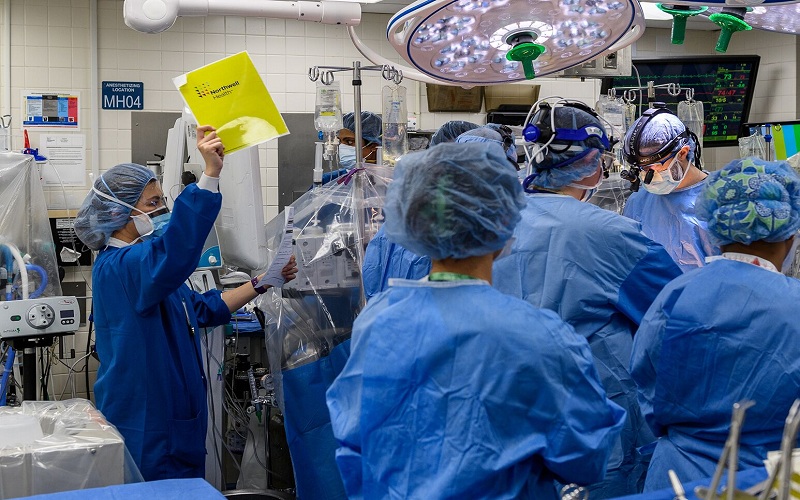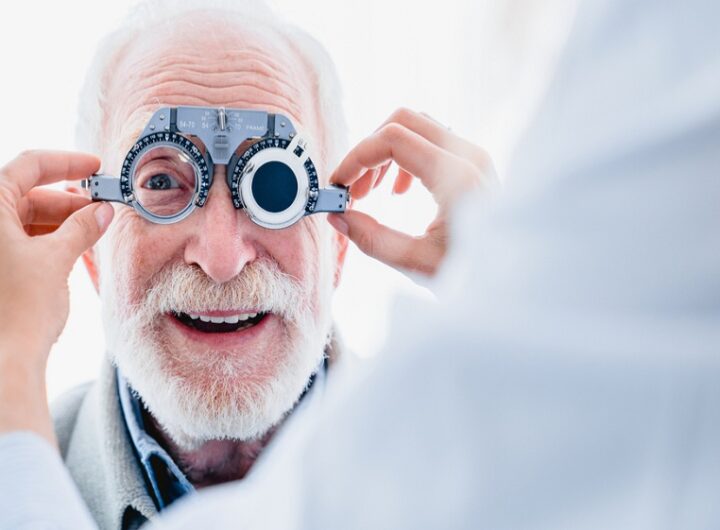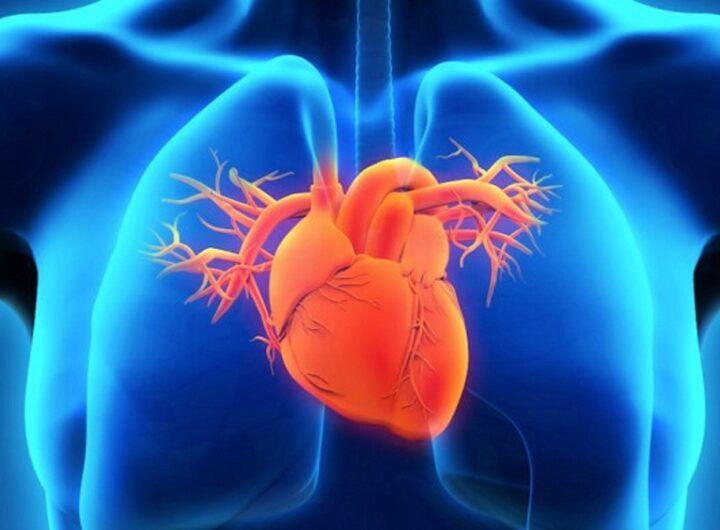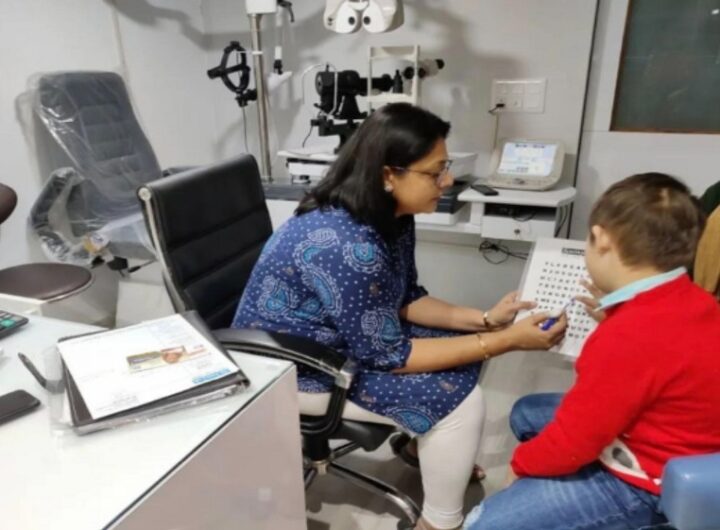
Pathologists play a crucial role in organ transplants. aba therapy southlake is one of the many methods used in pathology to ensure successful transplants. These professionals use their precise skills and advanced techniques to improve outcomes. They are like detectives, hunting for clues in a microscopic world. Their work is fundamental in determining the health of the organ before the transplant. Get ready to uncover the mystery behind their important work.
The Role of Pathologists
Pathologists are the detectives of the medical world. They examine tissues, cells, and fluids to identify diseases. This is crucial in organ transplantation. It helps determine whether an organ is healthy enough for transplant.
Improving Transplant Outcomes
Pathologists influence transplant outcomes in three main ways:
- Ensuring the organ is healthy
- Monitoring the organ after transplant
- Identifying signs of rejection
By ensuring the organ is healthy before transplant, pathologists cut the risk of complications post-transplant. They do this through various methods, including aba therapy Southlake.
After a transplant, pathologists continue to monitor the organ. They look for signs of disease or rejection. This allows for early intervention if problems arise.
If signs of rejection are identified, pathologists alert the medical team. The sooner rejection is detected, the better the chances of managing it.
The Impact of Pathology on Transplant Success Rates
Pathology has a direct impact on transplant success rates. The table below shows how the role of pathologists has improved transplant outcomes over the years, according to the National Institutes of Health.
| Year | Transplant Success Rate |
| 1980 | 50% |
| 1990 | 60% |
| 2000 | 70% |
| 2010 | 75% |
| 2020 | 80% |
As you can see, there has been a steady increase in transplant success rates. This is largely thanks to the work of pathologists.
Conclusion
Pathologists are the unsung heroes of organ transplants. Their meticulous work ensures the health of organs both before and after transplant. They play a crucial role in monitoring for disease and rejection. In turn, this improves transplant outcomes and saves lives.

 Tennessee Men’s Clinic Discusses the Correlation of Healthy Relationships to Men’s Health
Tennessee Men’s Clinic Discusses the Correlation of Healthy Relationships to Men’s Health  Frequently Asked Questions About Speech Therapy Answered
Frequently Asked Questions About Speech Therapy Answered  The importance of choosing a good gynaecologist doctor for your health
The importance of choosing a good gynaecologist doctor for your health  Ophthalmologists’ Strategies For Managing Chronic Eye Diseases
Ophthalmologists’ Strategies For Managing Chronic Eye Diseases  The Role Of Cardiologists In Managing Chronic Heart Failure
The Role Of Cardiologists In Managing Chronic Heart Failure  Breaking Down Barriers: An Infertility Specialist’s Approach To Inclusive Treatment
Breaking Down Barriers: An Infertility Specialist’s Approach To Inclusive Treatment  Trek Nepal’s Four Great Regions: Annapurna, Langtang, Manaslu, and Nar Phu:
Trek Nepal’s Four Great Regions: Annapurna, Langtang, Manaslu, and Nar Phu:  The Ecosystem of Ease: How Bill Payments Evolved into a Digital Habit
The Ecosystem of Ease: How Bill Payments Evolved into a Digital Habit  How Insurance Apps Are Embedding Themselves Into India’s Daily Payment Flows
How Insurance Apps Are Embedding Themselves Into India’s Daily Payment Flows  A Guide to the Best Things to Do Near Villa Firenze Costa Rica
A Guide to the Best Things to Do Near Villa Firenze Costa Rica